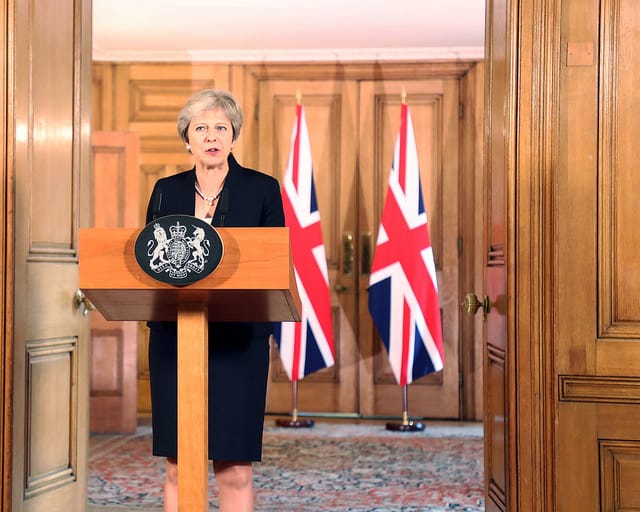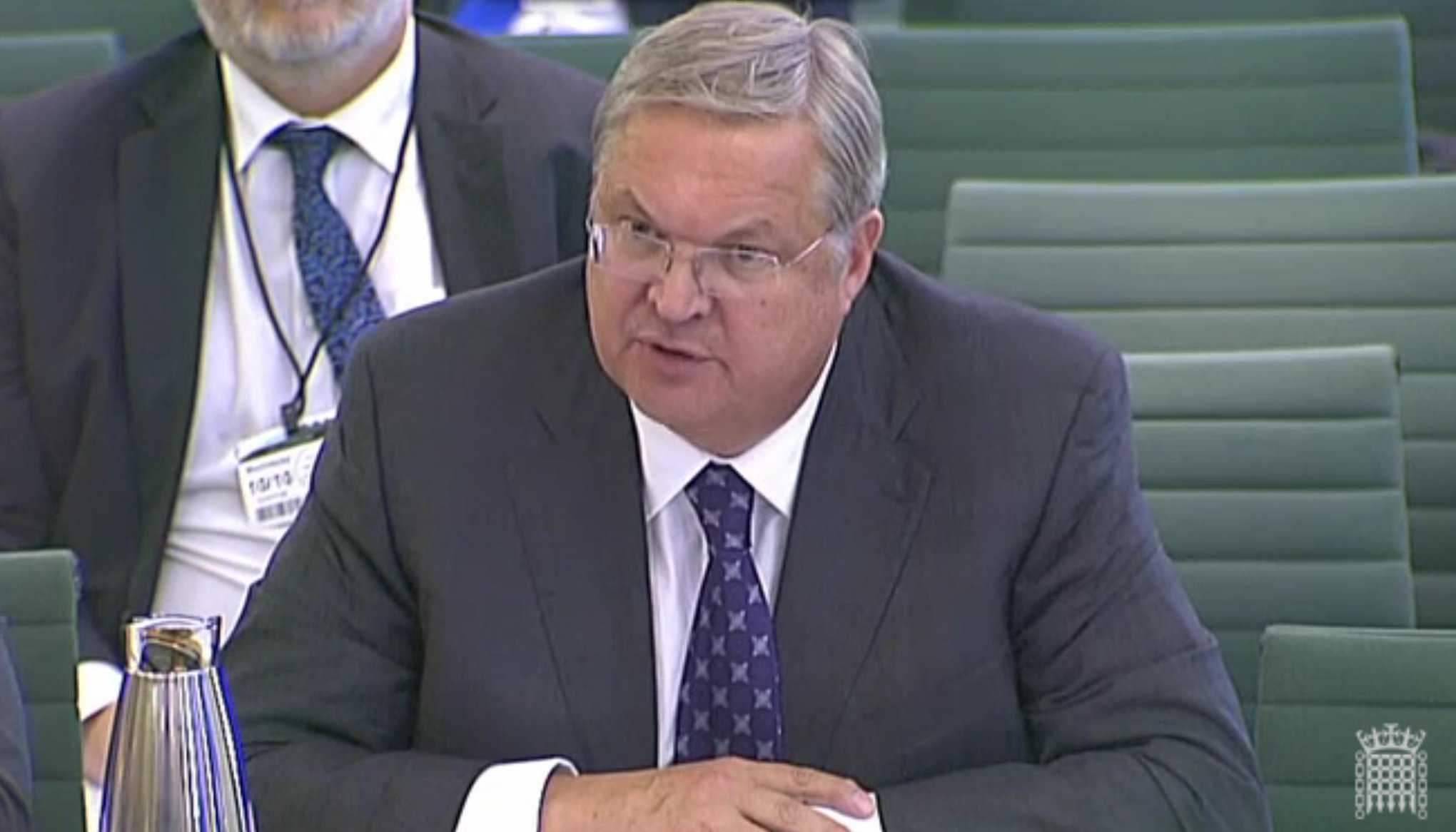
Theresa May is facing the moment of truth after finally agreeing a Brexit ‘divorce’ deal with the European Union – but faces an uphill struggle to gain the backing of her Cabinet and then Parliament.
The prime minister began summoning Cabinet members one-by-one yesterday evening, hoping to create a consensus across a group of ministers still deeply divided along ‘Brexiteer’ and former ‘Remainer’ lines.
The Cabinet will meet today at 2pm to discuss the finally-agreed deal with the EU, which hasn’t yet been made public, but the 500-page plus document is understood to include plans to keep the whole UK in a customs union for a limited period, and thus avoid a customs border for Northern Ireland.
It has also agreed an arbitration mechanism ‘backstop’ to ensure the UK can leave this customs arrangement and not remain in the agreement for perpetuity.
Theresa May hopes her cabinet can agree on this compromise deal, allowing the UK and EU to move onto the next phase of negotiations, about a long-term trade deal.
However critics from across the political spectrum have already spoken out against the deal, with Conservative party Brexiteers, Northern Ireland’s DUP and pro-Remain MPs from Labour and the Conservative party all saying it is a bad deal.
Boris Johnson, the most high profile Brexiteer and a potential leadership rival to May, called the deal “vassal state stuff” and urged the Cabinet to reject it, indicating that it would leave the UK tied to the EU but unable to influence decisions or strike its own trade deals with other nations.
“From what I’ve seen, it’s about as bad as it possibly could be,” he said.
Opposition from pro-European political groups is also strong, with Boris Johnson’s brother Jo Johnson quitting his ministerial post last week and throwing his weight behind calls for a second referendum or People’s Vote.
Political commentators have noted for some time that this political landscape means that the ‘Parliamentary arithmetic’ for Theresa May’s Brexit compromise plan to be passed by MPs looks nigh-on impossible – although the same would apply for a ‘harder’ Brexit deal as well.
The PM’s greatest chance of success rests on fears of the damage that a no deal Brexit would cause, with the Commons persuaded in this scenario to accept the deal as the least worst option available.
Business sectors including the UK pharma industry association the ABPI and biotech’s BIA have repeatedly warned about the damage a no deal Brexit could do, with fears that many patients could face shortages of medicines because of customs delays at borders.
The two organisations recently responded to a consultation on proposed new legislation that would be needed in the even of a no deal Brexit (read the full submission here).
However, with just a few months to go until Brexit day on Friday 29 March 2019, most in the sector privately acknowledge that time has already run out to fully prepare for such a scenario. Industry bodies, including the ABPI, BIA and EMIG wrote a joint letter to the health secretary Matt Hancock two weeks ago, requesting an ‘urgent roundtable’ on no deal medicines supply chain planning, but EMIG’s chairman Leslie Galloway says the industry has received no reply.
Even if the government does succeed in avoiding a no deal scenario, the sectors’ biggest companies have already spent heavily on preparations for such an event. GSK and Pfizer both calculating that Brexit will cost them £100m each – this cost and disruption has soured relations between the sides, which are also finalising a new UK medicines pricing deal.
While warning of the dangers of a no deal Brexit, the ABPI’s chief executive Mike Thompson has also made it clear that he also doesn’t favour a ‘Norway model’ for the UK’s relations with the European Medicines Agency.
This would see the UK’s regulator the MHRA part of the EMA network for medicines regulation, but unable to influence decision-making.

The ABPI’s Mike Thompson
Thompson told a Commons committee last month that he thought it “untenable for us to be a participant but not to have a voice.”
Set against the threat of a political impasse, a number of scenarios are possible. These include the government calling a snap general election to gain a political mandate for its deal, or parliament forcing the government to call a second referendum. However there is insufficient time for any such vote to be approved by Parliament and held before the end of March, and might therefore require an extension beyond 29 March to be agreed with the EU.
There is a high likelihood of resignations from the Cabinet in the coming days, but if the prime minister can retain the support of her most influential ministers, the deal will be carried forward to a vote in the Commons.




